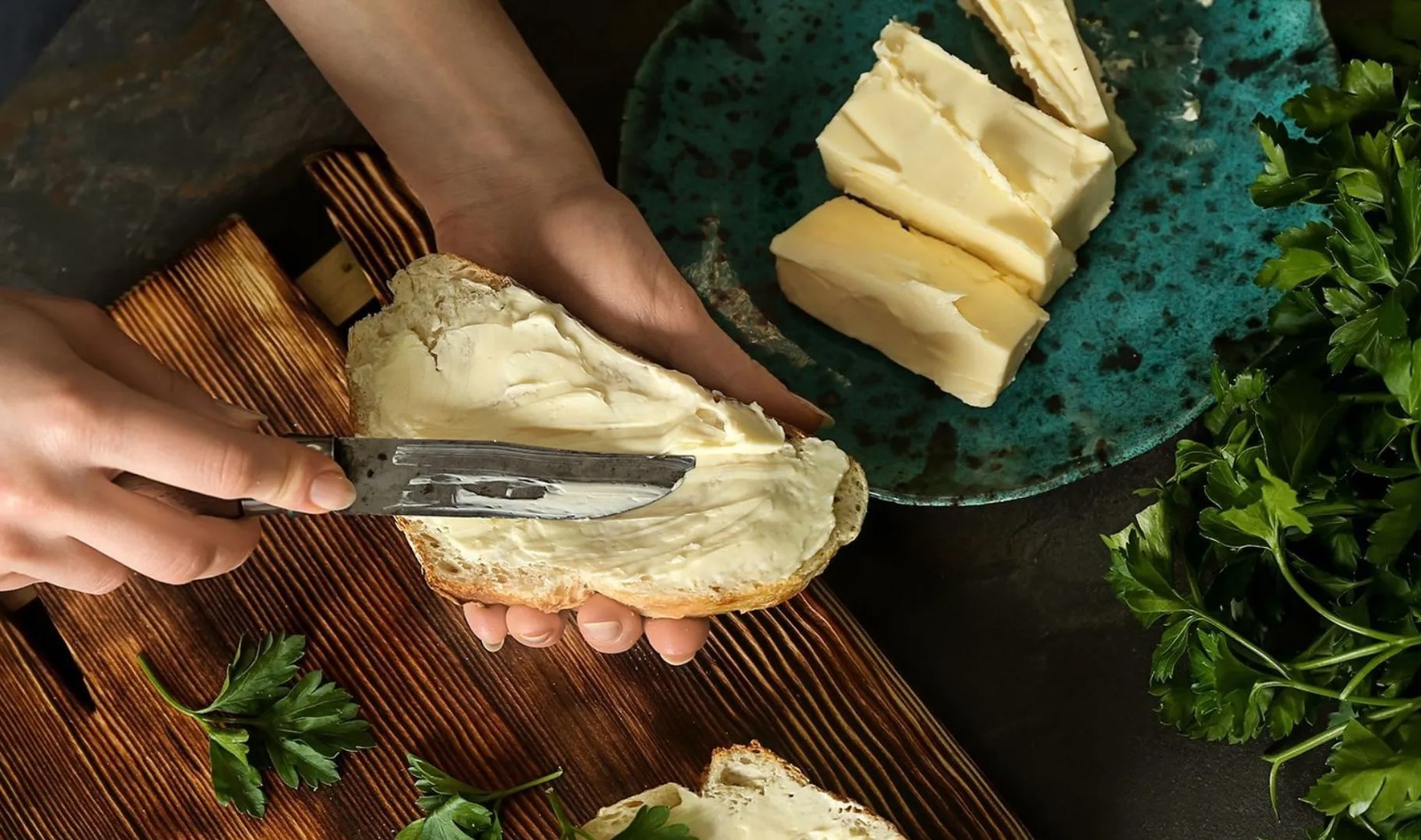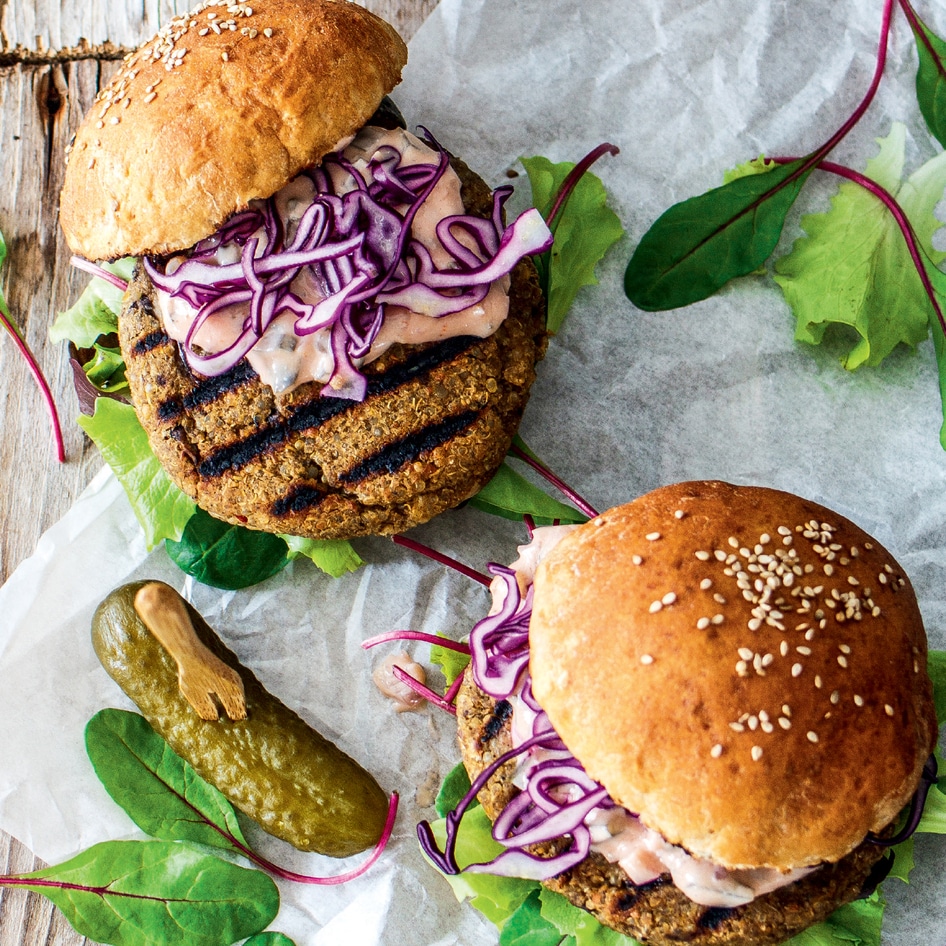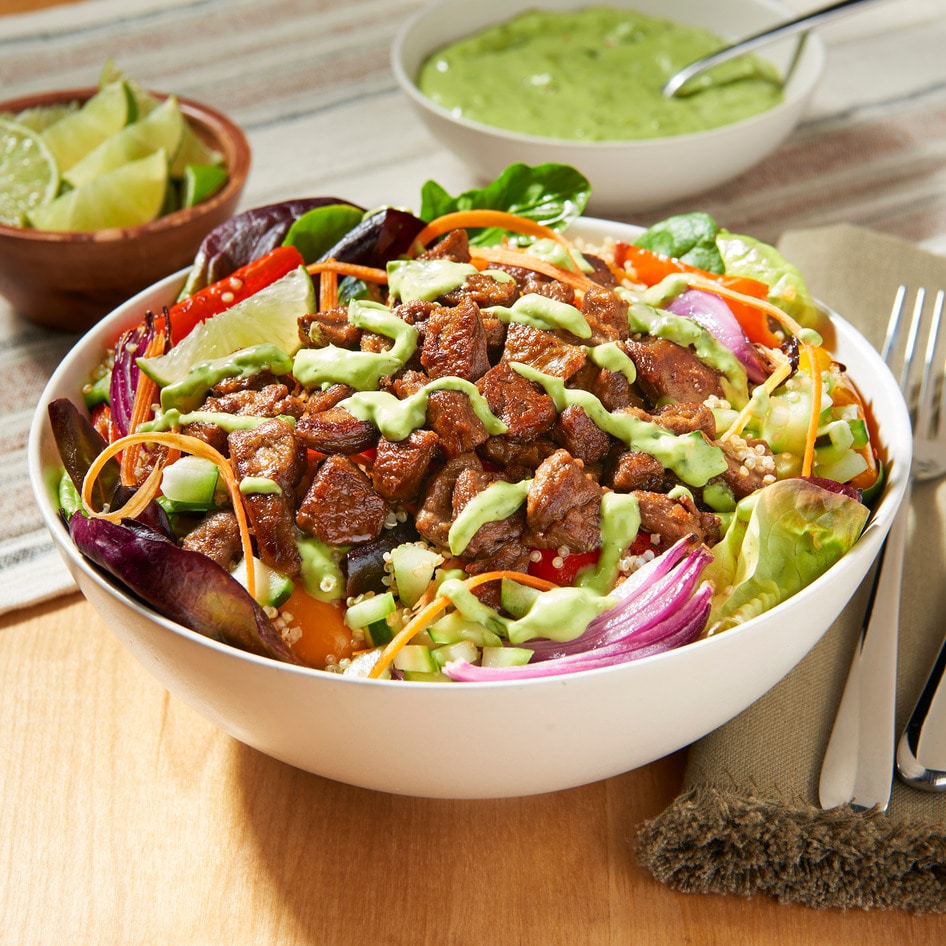Culinary icon Julia Child famously said, “With enough butter, anything is good.” That sentiment of enriching foods with flavorful fats still holds true today, with one caveat: that the butter is no longer made with animal fat.
Science continues to uncover the benefits of using plant-based ingredients, particularly butter. One recent study published in Nature Medicine underscored the significant health benefits of replacing animal-based fats with plant-based unsaturated fats.
 Unsplash
Unsplash
Conducted by researchers from Chalmers University of Technology in Sweden, the German Institute of Human Nutrition, and other institutions, this study shows that changes in blood fat composition from diet modifications can reduce the risk of cardiovascular disease and type 2 diabetes.
This study highlights the advantages of a diet rich in unsaturated plant fats, such as those found in the Mediterranean diet.
“Our study confirms with even more certainty the health benefits of a diet high in unsaturated plant fats and could help provide targeted dietary advice to those who would benefit most from changing their eating habits,” Clemens Wittenbecher, the study’s senior author, said in a statement.
Benefits of ditching animal butter
The World Health Organisation (WHO) suggests swapping out saturated fats from animal products for healthier, plant-based unsaturated fats to lower the risk of heart disease and diabetes. However, there’s been some uncertainty about this advice because previous studies had limitations.
The recent research aimed to clarify these guidelines by using a detailed method called lipidomics to study how diet affects health. This method measures fats in the blood to see the connection between what we eat and our risk for diseases.
Researchers from the University of Reading in the UK studied 113 people over 16 weeks. One group ate a diet high in saturated animal fats, while the other group ate mostly unsaturated plant fats. Blood tests showed different fat molecules based on these diets.
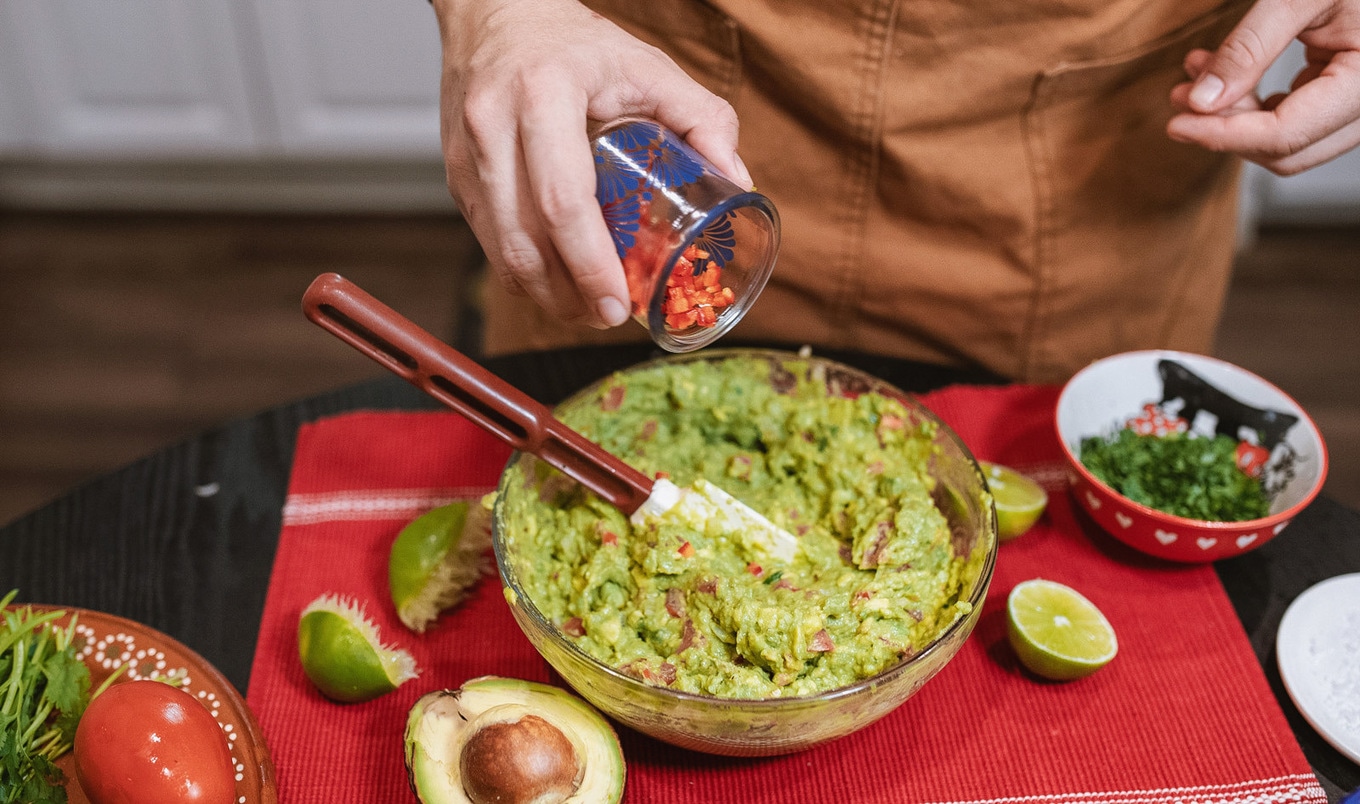 Pexels
Pexels
“We summarized the effects on blood lipids with a multi-lipid score (MLS). A high MLS indicates a healthy blood fat profile, and a high intake of unsaturated plant fat and low intake of saturated animal fat can help achieve such positive MLS levels,” said Fabian Eichelmann from the German Institute of Human Nutrition.
The study found that people with a higher MLS, which means they had more healthy fats in their blood, had a lower risk of heart disease and diabetes. The researchers also found that people who started with low MLS levels (indicating a diet high in saturated fats) benefited the most from switching to a healthier diet.
“Diet is so complex that it is often difficult to draw conclusive evidence from a single study,” Clemens Wittenbecher said. “Our approach of using lipidomics to combine intervention studies with highly controlled diets and prospective cohort studies with long-term health tracking can overcome current limitations in nutrition research.”
BECOME A VEGNEWS VIP: Get exclusive product deals, freebies, and perks galore!
A new kind of butter
This study gives the WHO recommendation more weight and builds upon research that shows the negative effects of consuming traditional animal-derived butter, making the case for switching to animal-free butter. The good news? It’s becoming much easier these days to find a great vegan butter to use as a one-for-one substitution, even for baking.

Plus, new advancements are working to make the transition seamless and even more sustainable.
For instance, a Bill Gates-backed startup, Savor, is pioneering a revolutionary method to create fats such as butter from carbon dioxide. This process involves using carbon dioxide from the air and transforming it into butter and other fat-based products through chemical synthesis.
“The focus on animal fats is a priority because they have an outsized impact on climate—and play an outsized role in many beloved foods,” Gates wrote in his Gates Notes blog.
The livestock industry contributes 14.5 percent of global greenhouse emissions, and with a burgeoning population, the demand for animal-based products is expected to rise, further warming the planet. While not all plant butters use palm oil, the ingredient raises concerns due to deforestation practices in various parts of the world.
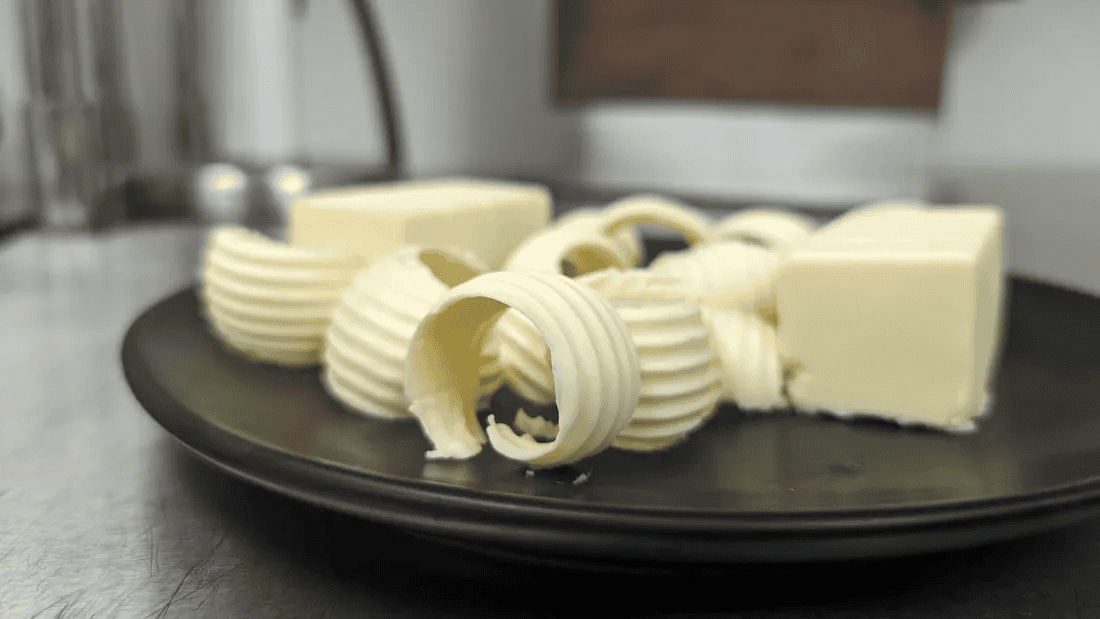 Savor
Savor
Savor tackles these issues by building fat—which consists of carbon, hydrogen, and oxygen—from thin air. Savor combines these elements in an animal-free manner, producing dietary fats with emissions of less than 0.8 g CO2 equivalent per kilogram, significantly lower than the emissions from palm oil production.
And the result? Gates can’t believe it’s not butter.
“I’ve tasted Savor’s products, and I couldn’t believe I wasn’t eating real butter,” Gates wrote. “The big challenge is to drive down the price so that products like Savor’s become affordable to the masses—either the same cost as animal fats or less.”
Gates predicts that Savor is well-positioned to cut costs as its technology is already used in other industries. With its technology, Savor can expand beyond butter to produce multiple other animal-derived fats, to create animal-free milk, cheese, ice cream, and edible oils.
This scalable technology could rapidly replace animal-derived fats, benefitting both human and planetary health.
For more plant-based stories like this, read:
JUMP TO ... Latest News | Recipes | Guides | Health | Subscribe

